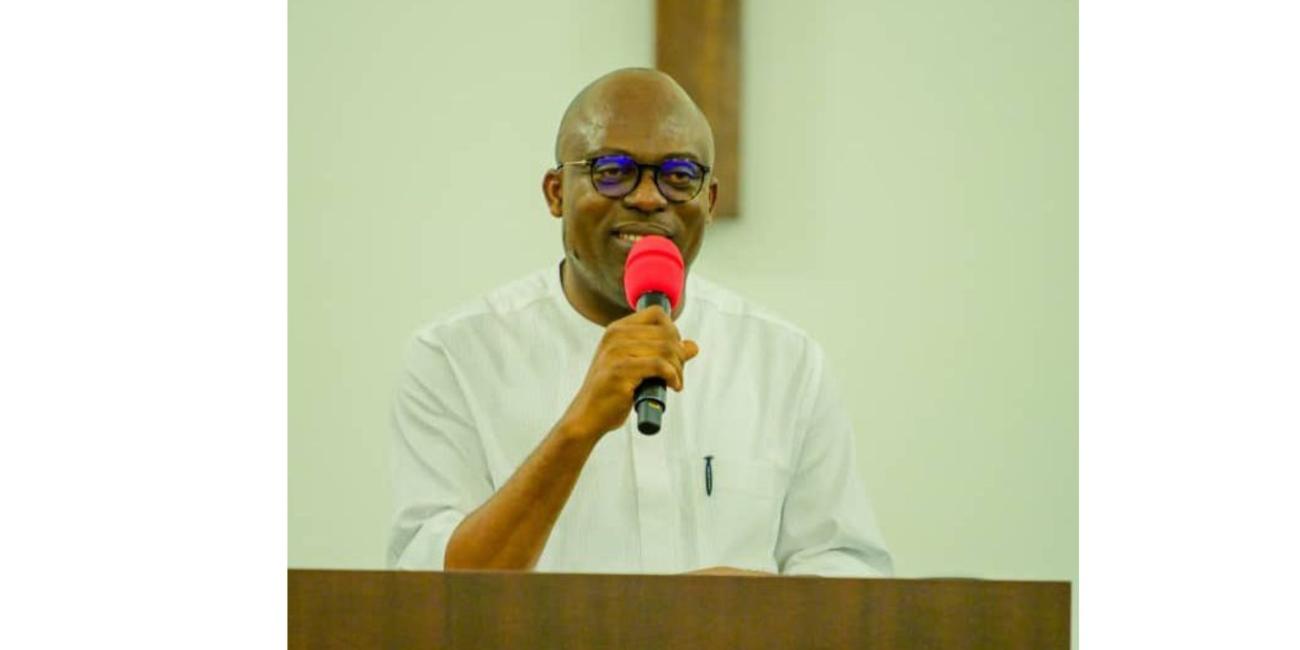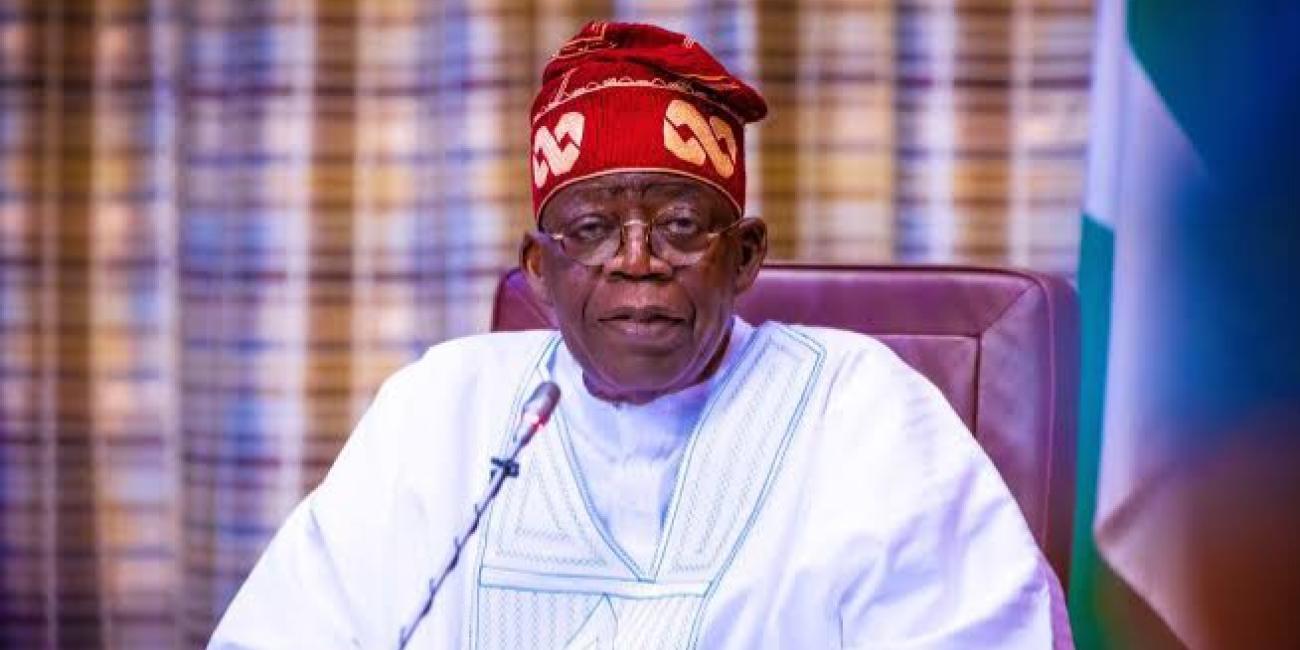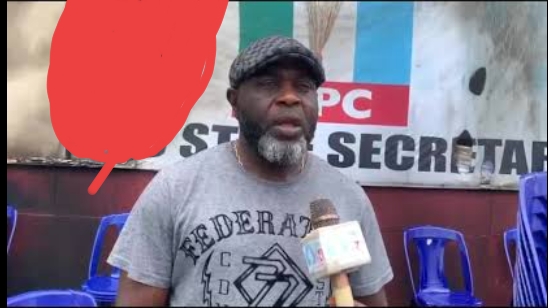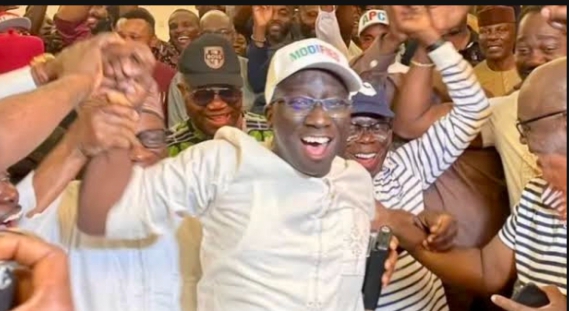Suspended Governor of Rivers State, Siminalayi Fubara, has publicly hinted at a loss of interest in returning to office, marking a potentially dramatic shift in the state’s political standoff following the controversial state of emergency declared by President Bola Tinubu.
Speaking at a service of songs for the late Niger Delta elder statesman, Chief Edwin Clark, in Port Harcourt on Sunday, Fubara struck a solemn yet defiant tone in response to supporters still referring to him as “Governor.”
“Can’t you see how better I look? Do you think I’m interested in going back there?”
“My spirit has already left that place long ago,” he said, suggesting a personal detachment from the ongoing power struggle.
His remarks have added new complexity to a political crisis already mired in legal disputes, federal intervention, and a power rift with his predecessor, Nyesom Wike, now Minister of the Federal Capital Territory.
FEDERAL TAKEOVER AND POLITICAL FALLOUT
Fubara was suspended on March 18, 2025, after President Tinubu declared a state of emergency in Rivers State, citing “a breakdown in governance.” The move, which also saw the suspension of Deputy Governor Ngozi Odu and all members of the state legislature, effectively dissolved the democratically elected government and installed retired Chief of Naval Staff, Ibok-Ete Ibas, as sole administrator.
The drastic action drew intense criticism, including from 11 PDP governors, who filed a suit at the Supreme Court challenging the constitutionality of the president’s emergency rule.
However, the National Assembly countered with a motion to dismiss the suit, claiming the court lacks jurisdiction and labeling the case “frivolous” and “procedurally defective.” It also demanded N1 billion in costs from the governors.
A DEPARTURE OR A STRATEGY?
While some see Fubara’s remarks as a genuine signal of withdrawal from politics, others interpret them as strategic disillusionment — possibly aimed at regaining moral high ground or stalling political expectations.
In an apparent effort to calm tensions, Fubara urged supporters to avoid inflammatory rhetoric, saying:
“Not everything is by ‘oshogbe,’”
— a local idiom discouraging combative action — adding that some well-intentioned moves by allies had backfired.
NATIONAL IMPLICATIONS
Fubara’s emotional disengagement comes as Nigeria faces increasing scrutiny over federal overreach, democratic backsliding, and politicisation of emergency powers. With the Supreme Court case pending, the implications of the Rivers crisis may redefine federal-state relations and governance norms in Nigeria.
Whether Fubara formally renounces his position or re-engages through legal channels remains to be seen. For now, his words echo loudly in the volatile landscape of Nigerian politics:
“My spirit has already left that place.”





